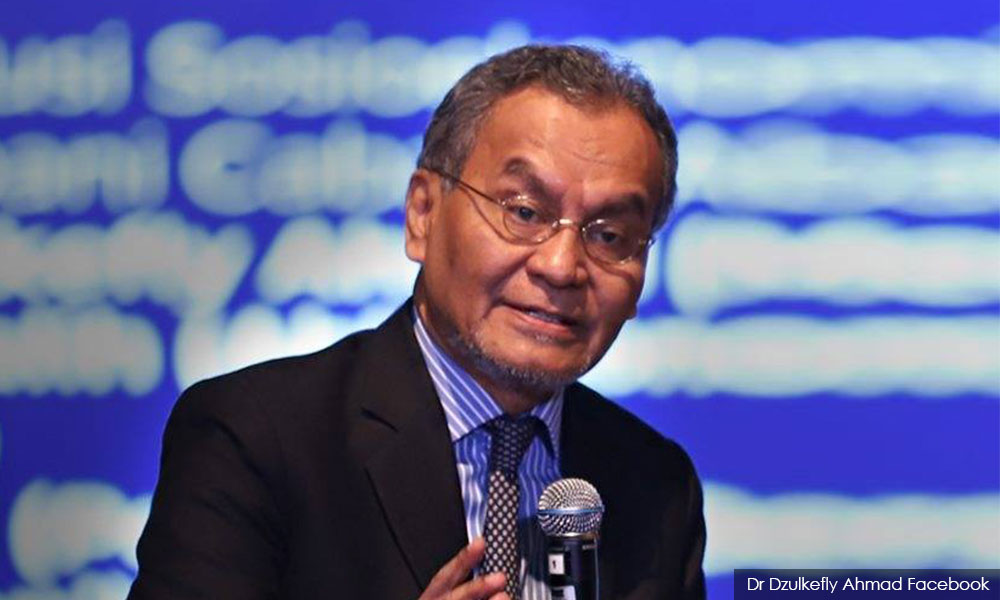A group of health and medical professors believe that Parallel Pathway graduates could be made specialists without needing to amend the Medical Act 1971 (Act 50).
The group’s chief Dr Noor Hassim Ismail said the programme’s graduates can be registered as specialist doctors without amending the act as the current law allows them to be absorbed into local programmes through credit transfer or curriculum mapping.
“After undergoing training, they will be awarded a qualification registered under the Malaysian Specialist Qualification (MQR) and eligible to be registered as a specialist in the Malaysian Medical Council (MMC)’s National Specialist Register of Malaysia (NSR).
“Trainees still in the academic system can be transferred to a local university programme through the same process.
“The dilemma faced by Parallel Pathway graduates can be resolved without the need to amend Act 50,” he claimed in a media statement today.
This was in response to Health Minister Dzulkefly Ahmad who said his ministry will request the cabinet to expedite the proposed amendments to Act 50, so those who have completed their training under the parallel pathway programme can register as specialists.

According to Dzulkefly, his ministry intends to request the cabinet to expedite the proposed amendment, ideally by the Parliament sitting in June.
No overarching regulations
Commenting further, Noor Hassim said his group understood the country’s need for specialist doctors.
However, he said, the Parallel Pathway programme currently does not go through the same process as the local medical specialist training programme.
He explained that currently, nine local universities offer 106 medical specialist training programmes in Malaysia that go through a thorough process.
The process, said Noor Hassim, includes research and approval of internal institutions (universities) and the need to obtain approval from the Higher Education Ministry.
In the case of private higher education institutions, he explained, they must also be licensed and recognised by the Malaysian Qualifications Agency (MQA).
Existing local postgraduate specialised programmes also need to be periodically accredited every three to five years, he added.
“The international postgraduate training programme operated by the Health Ministry under the term ‘Parallel Pathway’ currently does not require this process.
“These international programmes are also not monitored or supervised by the regulatory bodies of their countries of origin.
It is clear that these programmes under the Parallel Pathway are not subject to approval or monitoring by any regulatory body in Malaysia,” he said.
Failure to comply with due process
Noor Hassim also claimed that the organisers of Parallel Pathway did not try to comply with the Medical (Amendment) Act 2012 which came into force on July 1, 2017, which requires the MMC to register specialists.
“After July 1, 2017, in carrying out specialist registration duties, the MMC must be based on existing regulations and laws.
“This means that all specialist qualifications, local and international, must be recognised according to the proper process as stipulated by the act.
“These postgraduate students have joined the Parallel Pathway programme without following due process at that time.
“There was no attempt by the organisers of Parallel Pathway to comply with the law when the Medicines (Amendment) Act 2012 came into effect on July 1, 2017,” he alleged. - Mkini




No comments:
Post a Comment
Note: Only a member of this blog may post a comment.